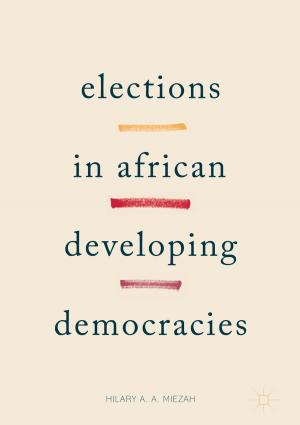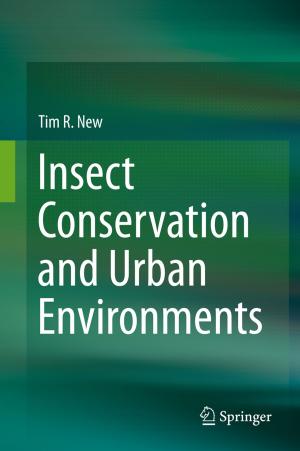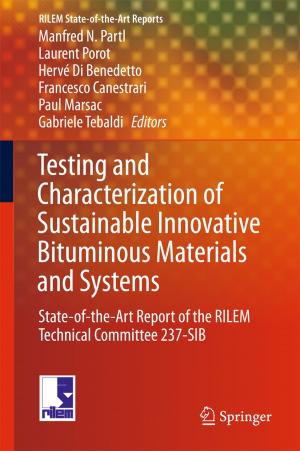The Parasite-Stress Theory of Values and Sociality
Infectious Disease, History and Human Values Worldwide
Nonfiction, Science & Nature, Science, Biological Sciences, Zoology, Evolution| Author: | Randy Thornhill, Corey L. Fincher | ISBN: | 9783319080406 |
| Publisher: | Springer International Publishing | Publication: | July 17, 2014 |
| Imprint: | Springer | Language: | English |
| Author: | Randy Thornhill, Corey L. Fincher |
| ISBN: | 9783319080406 |
| Publisher: | Springer International Publishing |
| Publication: | July 17, 2014 |
| Imprint: | Springer |
| Language: | English |
This book develops and tests an ecological and evolutionary theory of the causes of human values—the core beliefs that guide people’s cognition and behavior—and their variation across time and space around the world. We call this theory the parasite-stress theory of values or the parasite-stress theory of sociality. The evidence we present in our book indicates that both a wide span of human affairs and major aspects of human cultural diversity can be understood in light of variable parasite (infectious disease) stress and the range of value systems evoked by variable parasite stress. The same evidence supports the hypothesis that people have psychological adaptations that function to adopt values dependent upon local infectious-disease adversity. The authors have identified key variables, variation in infectious disease adversity and in the core values it evokes, for understanding these topics and in novel and encompassing ways. Although the human species is the focus in the book, evidence presented in the book shows that the parasite-stress theory of sociality informs other topics in ecology and evolutionary biology such as variable family organization and speciation processes and biological diversity in general in non-human animals.
This book develops and tests an ecological and evolutionary theory of the causes of human values—the core beliefs that guide people’s cognition and behavior—and their variation across time and space around the world. We call this theory the parasite-stress theory of values or the parasite-stress theory of sociality. The evidence we present in our book indicates that both a wide span of human affairs and major aspects of human cultural diversity can be understood in light of variable parasite (infectious disease) stress and the range of value systems evoked by variable parasite stress. The same evidence supports the hypothesis that people have psychological adaptations that function to adopt values dependent upon local infectious-disease adversity. The authors have identified key variables, variation in infectious disease adversity and in the core values it evokes, for understanding these topics and in novel and encompassing ways. Although the human species is the focus in the book, evidence presented in the book shows that the parasite-stress theory of sociality informs other topics in ecology and evolutionary biology such as variable family organization and speciation processes and biological diversity in general in non-human animals.















